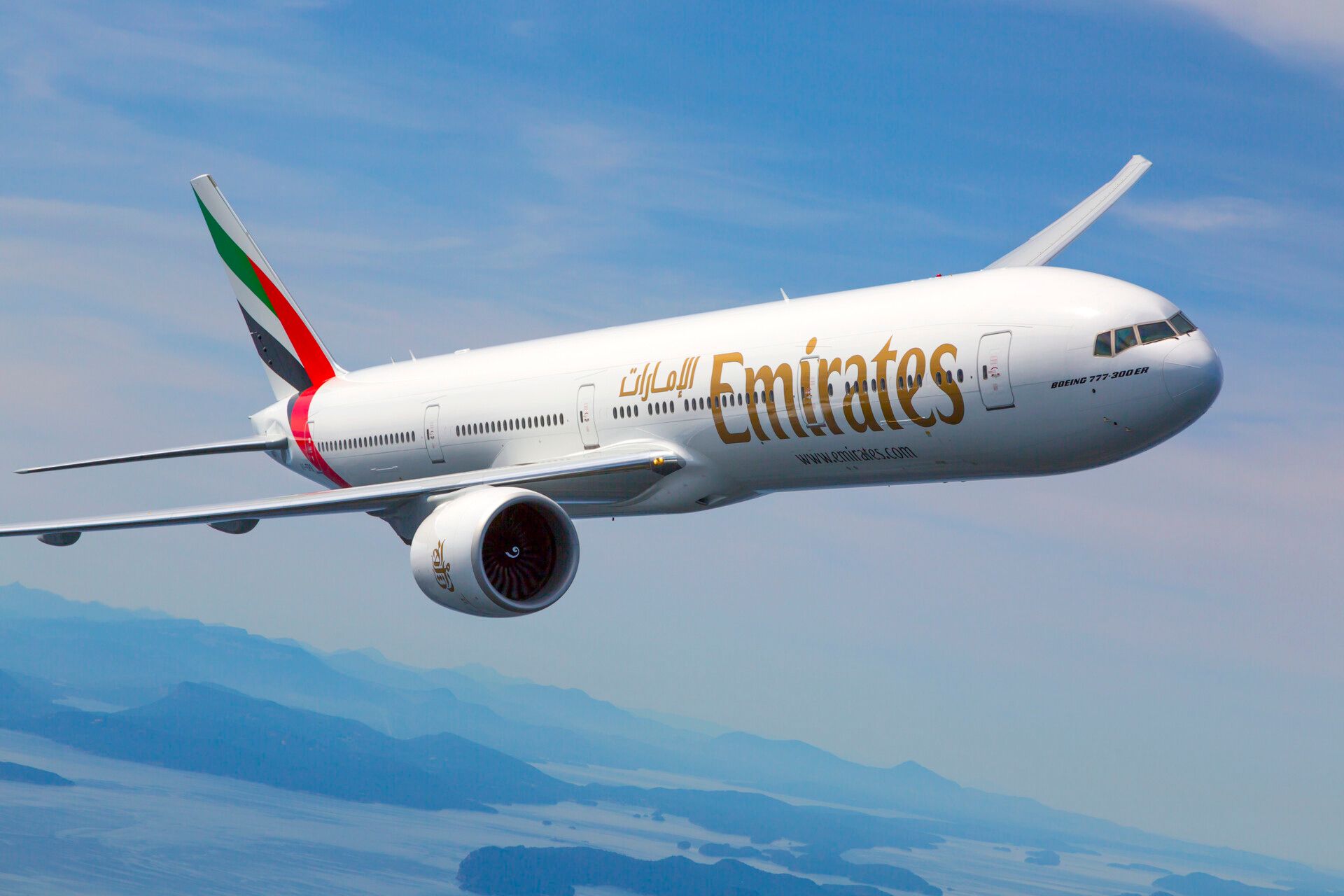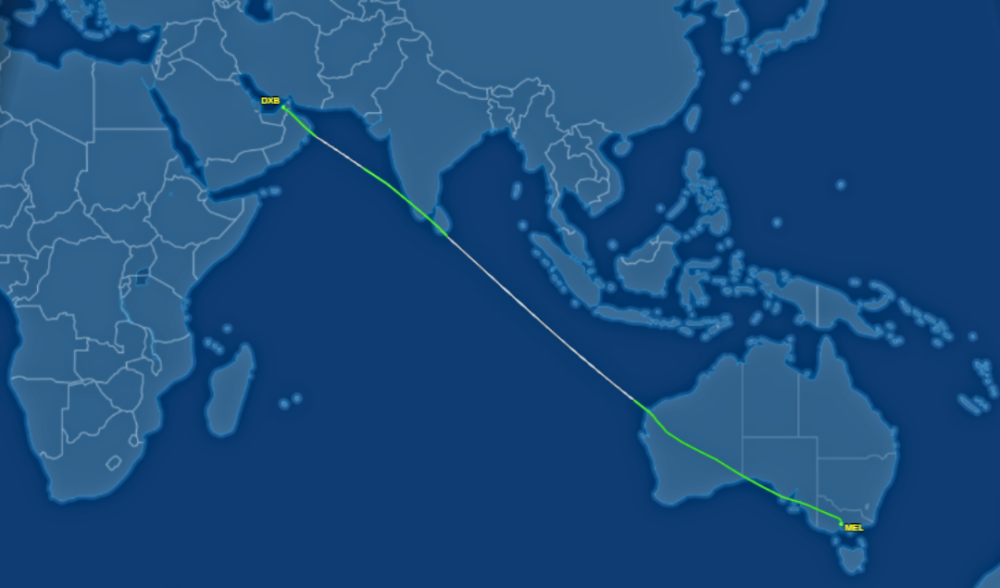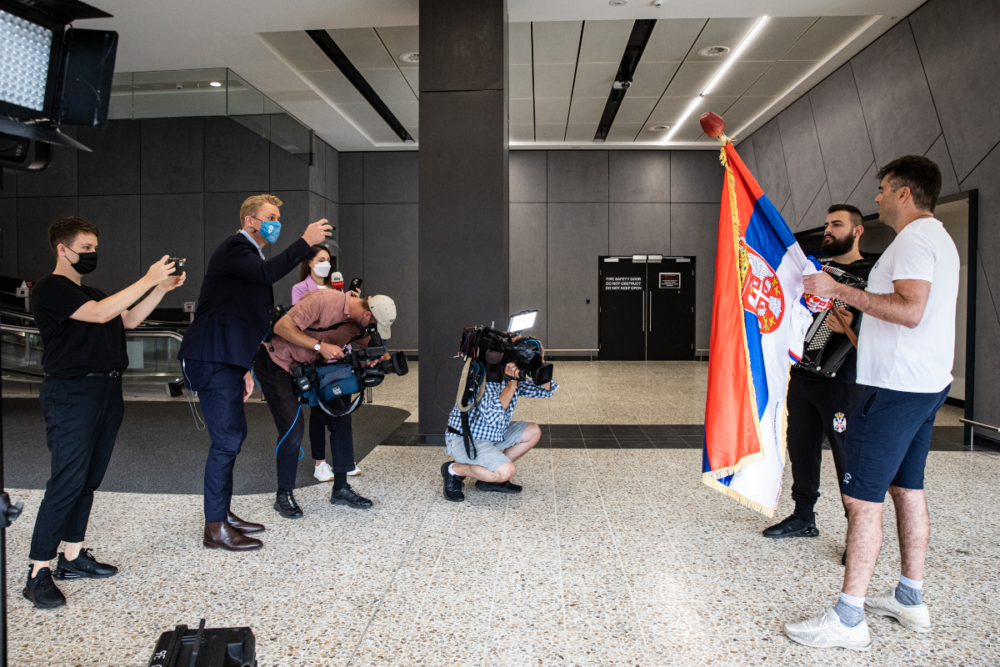Australia has denied entry to the world's number one tennis player, Novak Djokovic, ahead of the Australian Open. The high profile case shines a spotlight on what happens when a person attempts to enter a country only to find entry refused.
Late-night airport arrival goes awry
Novak Djokovic arrived into Melbourne's Tullamarine Airport onboard an Emirates Boeing 777-300ER on Wednesday evening. Emirates flight EK408 landed at 23:15 local time after 14 hours in the air. The operating aircraft was A6-EGI.
While we're confident Mr Djokovic wasn't flying in the cheap seats, 14 hours is a long time in the air in any seat and that soft hotel bed must have looked good. Instead, the tennis player was detained by Australian Border Force (ABF) officials.
Like any airline, Emirates won't let you board unless your entry paperwork is in order. There's lots of finger-pointing going on in Australia on Thursday but Emirates isn't in the firing line.
On Thursday morning, Mr Djokovic's visa was canceled on the grounds he did not meet the entry requirements.
“Non-citizens who do not hold a valid visa on entry or who have had their visa canceled will be detained and removed from Australia,” said the friendly folk from the Australian Border Force on Thursday.
Flight options for Novac Djokovic
Normally, travelers who fall foul of Australia's entry rules will find themselves on the first available flight home. On Thursday morning, as news of the visa revocation broke, rumors swirled Mr Djokovic would unceremoniously depart Australia later in the day. ABF officials initially told the tennis player he had to leave Australia on Thursday.
At the time of writing, there are approximately 15 international departures out of Melbourne Airport over the remainder of Thursday. This includes a late evening Emirates flight to Dubai (EK409), a Singapore Airlines departure to Singapore (SQ228), and a Qantas service to London via Darwin (QF9).
However, the well-resourced Mr Djokovic is said to be considering fighting the deportation and, mindful of the media spotlight and an unfolding PR disaster, the Australian Government is being careful to afford the tennis player every legal right. In this case, he will go to a quarantine facility.
The bed at the quarantine facility will no doubt be less comfortable than a bed at the Westin, but Novak Djokovic is lucky in one sense. His profile will ensure he gets due process. Most travelers facing deportation often find procedures expediated.
Stay informed: Sign up for our daily and weekly aviation news digests.
Does the airline pay when a passenger is deported?
In 2020, EU nations refused entry to nearly 138,000 non-EU citizens. The United States refuses entry to over 700 people every day, including when they roll up to immigration counters at US airports. With its smaller population, fewer people get the bounce from Australia, but when they do, as the overnight fiasco in Melbourne illustrates, Australian authorities are good at causing maximum disruption.
If the passenger should never have boarded the inbound flight in the first place (i.e. the check-in staff at the departure airport didn't check the paperwork properly), the airline usually has to wear the cost of flying out the passenger.
In Novak Djokovic's case, his paperwork was in order, so Emirates is off the hook. The Australian Government will bear the deportation cost. But, in a classy touch, they usually present the deportee with a bill on departure and will not allow a future re-entry until the bill is settled. Alternatively, Mr Djokovic could just pay the airfare himself and get the hell out of town.



